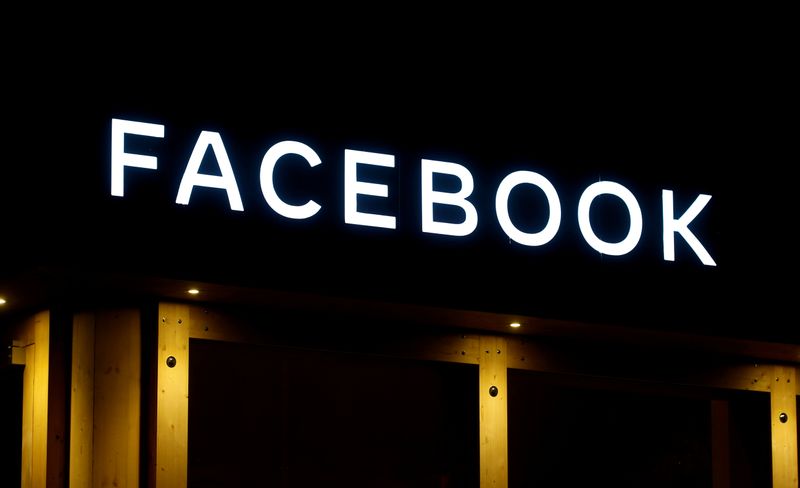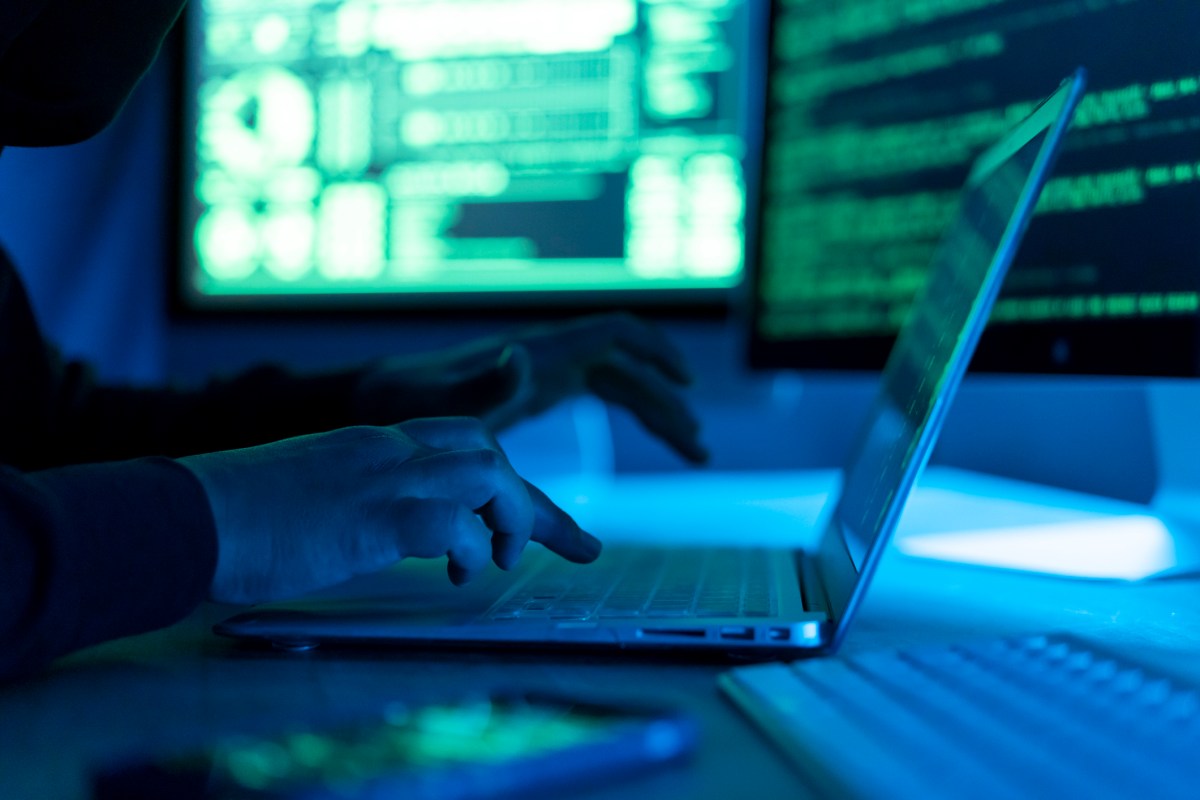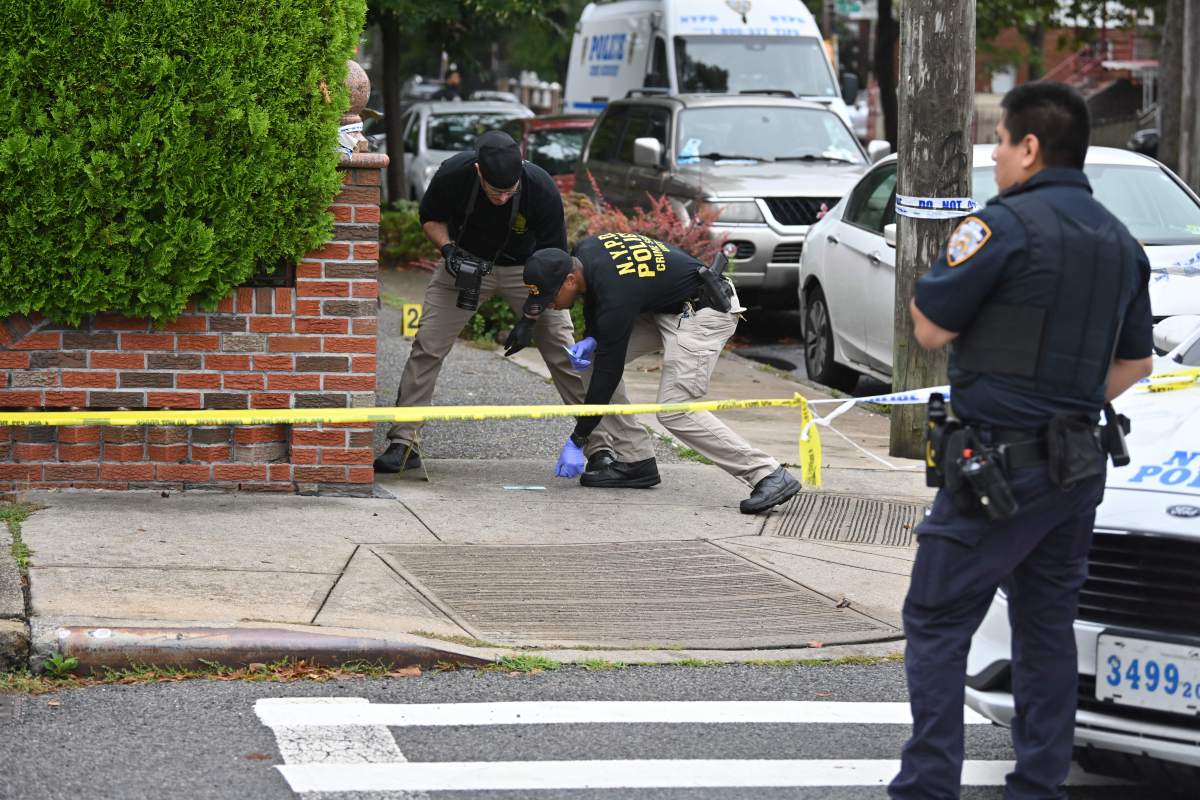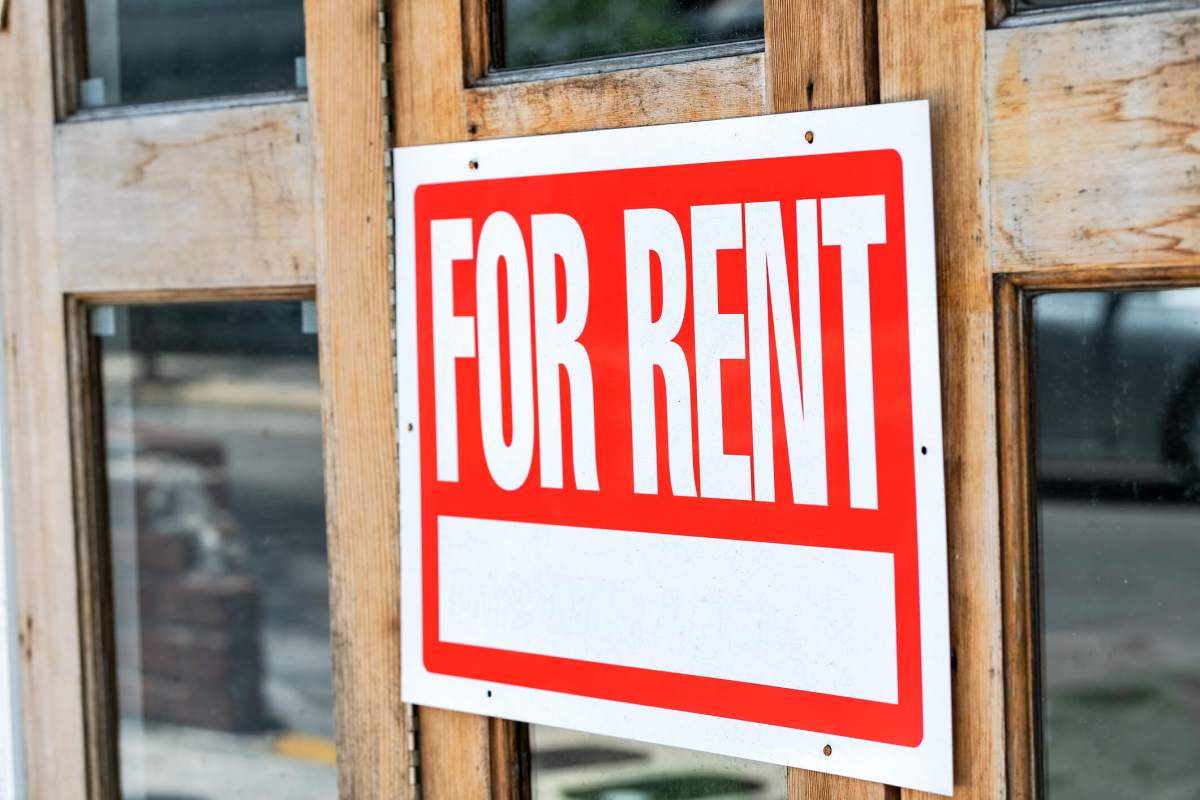MANILA (Reuters) – Facebook has yet to find evidence that user-reported accounts that proliferated in the Philippines at the weekend had engaged in malicious and coordinated acts, the world’s biggest social network said on Thursday.
A deluge of impostor accounts using the identities of students, journalists and government officials alarmed social media users and prompted an investigation by government agencies.
“At this time, we have not seen evidence of the reported accounts engaging in coordinated or malicious activity focused on creating fake accounts,” Facebook said in a statement.
It saw no evidence of a sudden surge in the creation of accounts, but said reports on impersonation and fake accounts had spiked.
The University of the Philippines first identified the accounts over the weekend following a protest a week ago about a controversial anti-terror bill approved by the legislature.
Those spotted had carried names of students who were among eight people arrested at the protest.
The country’s cybercrime department plans to dig deeper into the issue and conduct a joint investigation with law enforcement agencies, Justice Secretary Menardo Guevarra told Reuters.
The social media giant said it would continue validating the authenticity of user accounts and prioritise the removal of those violating its policies.
Filipinos top the world in time spent on social media, according to a recent study.
Platforms like Facebook have become political battlegrounds and have helped strengthen President Rodrigo Duterte’s support base, having been instrumental in his election victory in 2016 and a rout by his allies in mid-term polls last year.
The Duterte administration has repeatedly denied allegations that it has allowed the abuse and manipulation of social media by its supporters to harass and discredit opponents.
Facebook in May said it estimated the prevalence of fake accounts among its worldwide monthly active users at 5%.
(Reporting by Neil Jerome Morales; Editing by Martin Petty)























